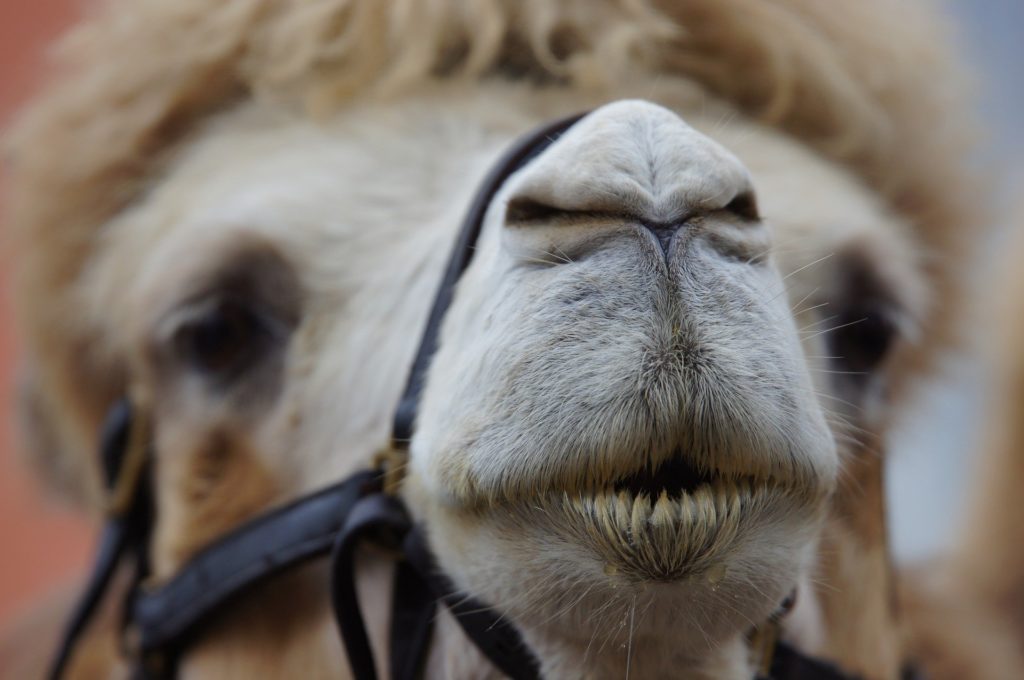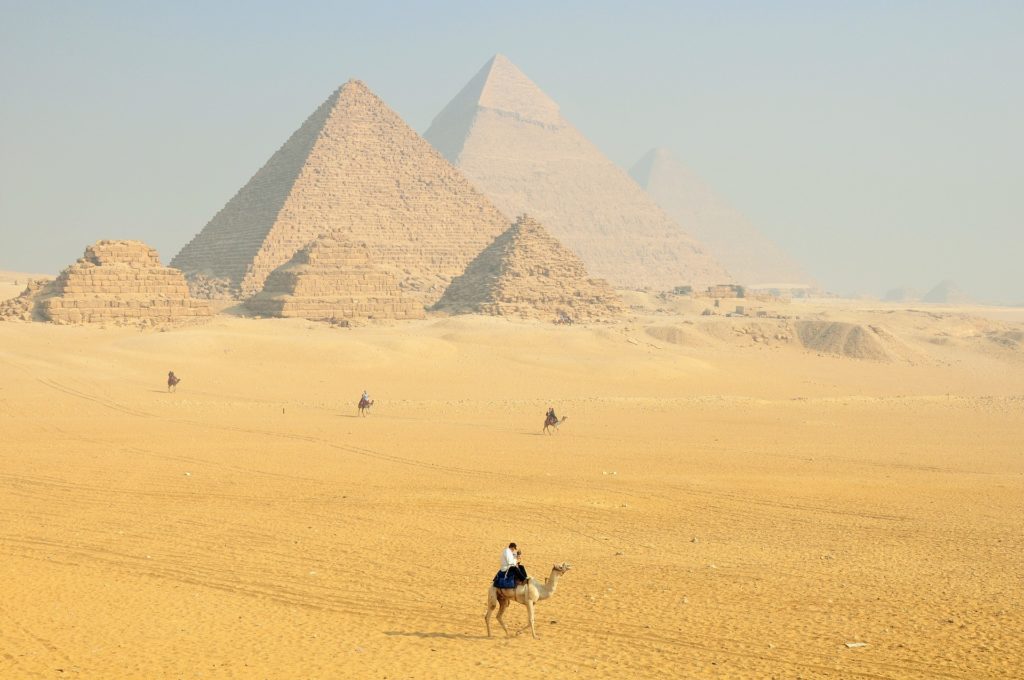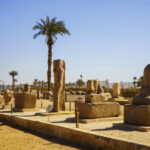Recently, we have written several blogs designed to inform and inspire people considering a tour of Egypt. If you have a little time, read how you can explore Egypt like Agatha Christie and our first-time visitor’s guide to Karnak. Today’s guide is a little different, however, as we’d like to offer practical advice for anyone visiting Egypt. No two countries are exactly the same, and tourists will always have to factor in differences in culture and day-to-day life when visiting a new country. Egypt is a wonderful country that puts a significant financial and cultural investment in tourism, so you’re guaranteed to have a good time. You will have a better time, however, if you follow the advice in this guide. And if you’re looking for that perfect Egyptian holiday, you can build your own personalised Egypt tour with us!
Acquiring an Egyptian Tourist Visa
When you visit Egypt, you will require a visa. It’s important to ensure that all of the information on your visa application is correct, as any mistakes could result in the visa being rejected. People from the US can technically buy a visa from the immigration counter at the airport, but it’s much safer to acquire one in advance.
The biggest decision you have to make is whether you need a standard tourist visa or a multiple-entry visa. The latter is required if you plan to occasionally travel into some of the nearby countries. For example, many people visiting Egypt will pop over to Jordan to see Petra. If you will spend your entire trip in Egypt, then the standard tourist visa will suffice. Applying for your visa ahead of time saves time queuing in the airport when you just want to get out and start exploring. Single-entry visas are valid for six months and allow you to stay in Egypt for 60 days (that’s a very long holiday). Multiple entry visas are also valid for six months, but they allow you to stay in the country for 90 days. Visit the Egypt e-Visa Portal to get started.
Get Travel Insurance When Visiting Egypt

This advice applies to any country you visit — not just Egypt — but it bears mentioning here as well. Not only does travel insurance protect your bank account from any additional costs related to injury or property loss when you’re travelling in Egypt, it also protects your health by ensuring you get the best possible medical treatment should something go wrong. One thing to look out for is whether your coverage includes activities like camel riding as many people have camel riding high up on their Egypt bucket list. This article in Bought by Many covers many of the best travel insurance companies. Take the time to find the right cost and coverage for you.
Learn a Few Useful Arabic Phrases
Arabic is the official language in Egypt. And, while many Egyptians speak flawless English, it never hurts to have a few Arabic phrases in your back pocket; it’s polite and it shows you have made an effort to learn a little of the language. Here are a few key phrases:
- Thank you — shukran
- Please — rajaa’an
- Excuse me — xafwan
- I’m sorry — ’anaa ’aasif
- No, thank you — La shukran
If you’d like to learn more phrases and you’d like to hear the pronunciations of the words out loud, then check out this brilliant resource on Fodor’s Travel.
Don’t Be Afraid to Say ‘No’ in Egypt

Egypt is a bustling, exciting country to visit, with friendly people around every corner. However, as tourism is Egypt’s main industry, locals will try very hard to sell you their wares or their services. The persistence of street vendors in Egypt is sometimes quite a shock to people from European or North American countries, but you shouldn’t be afraid to firmly say ‘No’; this is an English word which all locals will understand. If you like, you can say ‘La shukran’ instead, which means ‘no, thank you’. When visiting Egypt, prepare to be bombarded with offers from street vendors and other locals; it’s just part of the experience. That said, you will avoid most of this if you are with a local tour guide. Just remember that Egypt is an entirely different culture and that many of the locals count on tourists for their livelihood. Smile, say ‘La shukran’, and walk away.
Choose Clothing that Respects Egypt’s Conservative Culture
Winter in Egypt hits an average high temperature of 20.3 °C (68.5 °F) and its average high summer temperature is 34.7 °C (94.5 °F). So, it’s a significant understatement to say that Egypt is hot… This is why many tourists pack shorts, short skirts, vest tops, and a range of other clothing that will make their stay in Egypt a little cooler. This is a completely understandable urge, but Egypt is an Islamic country with conservative values in relation to how much of a person’s skin should be on display — particularly with regard to women. It is thoughtful and polite to bring more modest clothing. White clothing will help reflect the worst of the sun’s rays, and linen is especially cool and breathable. Long dresses and skirts are also absolutely fine.
That’s all we have time for today. We hope this guide is useful for readers planning their next trip to Egypt. This wonderful country has so much to offer, and we can’t wait to welcome you here. If you have any questions about the content in this guide, or you’d like to ask us about our popular Agatha Christie Tours of Egypt, please feel free to get in touch.


